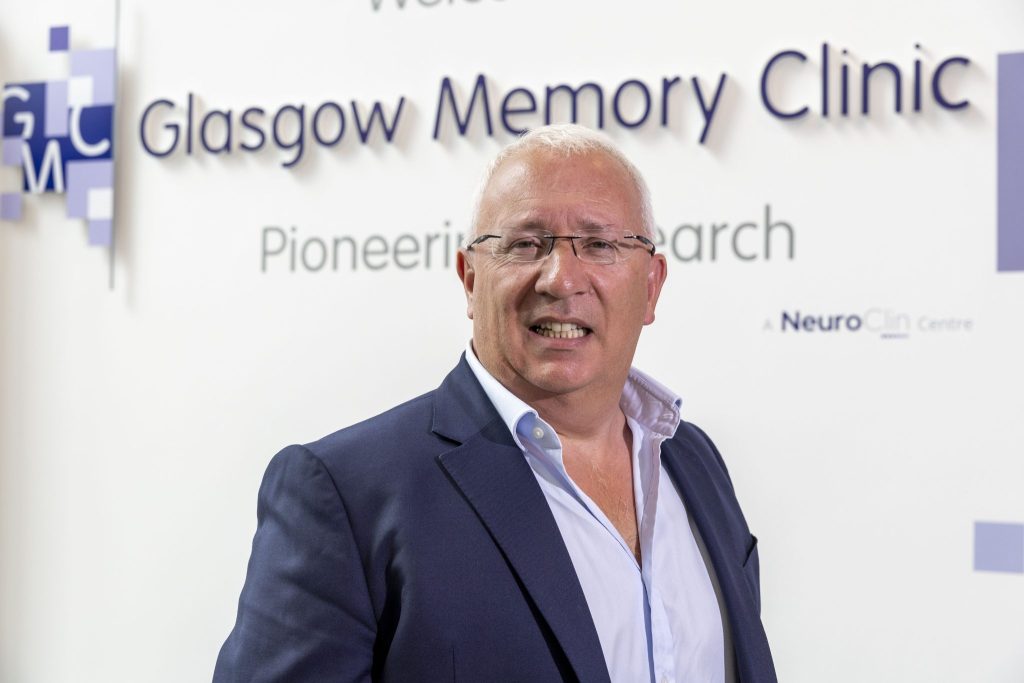Further highly encouraging results announced today regarding Alzheimer’s vaccine research.
The results for the experimental vaccine Donanemab being developed by Lilly show important evidence of amyloid reduction associated with reduced functional decline.
Dr Fraser Inglis, Founder and Director of Research at Glasgow Memory Clinic, a Neuroclin centre commented “The results provide further strong support that the amyloid vaccine approach can offer significant benefits to those suffering from Alzheimer’s disease.”
The first generation of drugs that were approved for Alzheimer’s in the late 1990’s are classed as symptomatic treatments. That is, they can improve some of the symptoms,
for varying periods of time. These drugs have not been shown to modify the underlying disease process, as is the hope with the new generation of vaccines in development.
Indeed, it is only six months since Eisai released positive results from their study of the Alzheimer’s vaccine Lecanemab.
He further commented “Understanding the frequency and severity of side effects is of course vitally important for any medicine. Developing a better understanding of the individuals more predisposed to experiencing side effects will, I am sure, help tailor treatments more effectively in the future. It is important that we do not lose sight of the devasting effects that Alzheimer’s has on individuals and families. Scotland has, I believe, in the region of 40,000 care home beds, many of which are occupied by people who have sadly lost the ability to live independently because of Alzheimer’s disease. The prospect of preventing disease progression, preserving functional abilities and maintaining independence remain the ultimate goals in Alzheimer’s research.”
Glasgow Memory Clinic, a NeuroClin centre entered the first subject in Scotland in an Alzheimer’s vaccine study in 2007. Dr Jennifer Lynch, Medical Director at the clinic added “Over the last 16 years the centre has contributed to research on 7 potential Alzheimer’s vaccines – Gantenerumab, Bapineuzumab, Crenezumab, Solanezumab, Aducanumab, Lecanemab and Donanemab. We owe a huge thank you to all the wonderful volunteers who have participated and who continue to participate in these and other programs that support the great international research effort to find better treatments for Alzheimer’s disease. It is very encouraging that we are now seeing the benefits of that work.”

Register to take part in a study today!
If you would like to register for yourself or on behalf of someone else, please visit our current studies and complete our short pre-screener form or call us on 0141 948 0206 and a member of our patient liaison team will be happy to discuss your suitability to take part in a current study based on your individual circumstances.